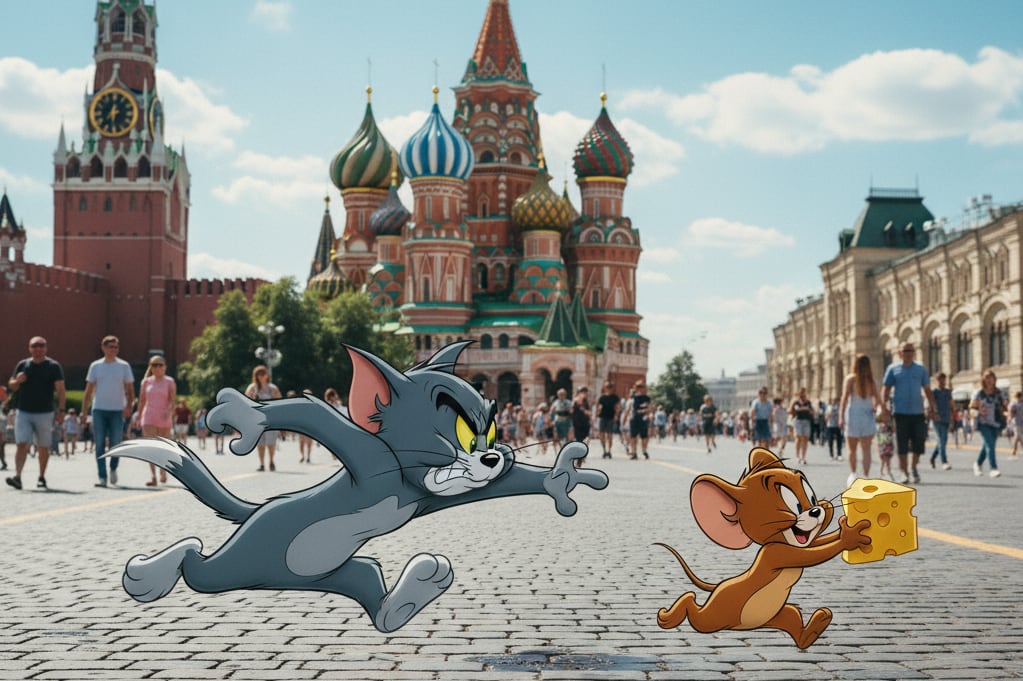What happens in the kitchen stays in the kitchen. At least that’s the premise of the series. Bear, the latest Disney+ success that analyzes the great battles of everyday life from several different perspectives. But amid the seemingly simple narrative conflict that involves the frantic pace of a modest restaurant, there is also a painful theme: suicide.
The show’s argument dedicates much of its interest to a much more complex topic. In particular, to learn about the pain, fear and grief of those who have experienced the suicide of a close relative.
Possibly success. Bear This is due to that formidable combination between themes of considerable depth and the frantic dynamics of life. The storyline tells how the life of a successful chef is turned upside down in an attempt to save the family business.
Specific, delves into the routine and its disappointments, but also into the triumphs and great lessons of the little. All under an allegory of the frenetic activity of pots and pans and the preparation of Italian sandwiches.
Suicide as a silent topic
But in the midst of all this frantic vivacity, there is also a certain darkness. Carmie (Jeremy Allen White) returned to take care of her inherited property when her brother Mike (Jon Bernthal), who ran the Original Beef of Chicagoland, committed suicide. The series does not focus on the direct analysis of grief and grief. Actually, this is done through a snapshot of the restaurant’s overall activity. Perhaps this is what makes the way the character deals with the pain of loss more believable.
Carmi has little information about what caused the tragedy, but she is trying to figure it out. He analyzes the restaurant’s debts, asks himself questions, asks questions about his brother’s life from different points of view. It’s going through stages of guilt, anguish and, eventually, the feeling that he could or should have done something more for Mike. This is a normal psychological reaction in such situations. However, television rarely understands how mourning affects everyday life.
Pain and suffering without words Bear
Bear it does. In addition, he explores suffering as an irrational element. Carmi has few psychiatric and intellectual tools to deal with the pain of her brother’s death. But the argument makes it clear that this is normal.
“No one talks to you about these things,” says the protagonist Bear after his brother’s suicide between documents showing the restaurant’s financial problems. This does not apply to the economy or the money you need to support a family business. In fact, and always in a subtle way, the series opposes the idea of a lack of.
As well as the loss and fear associated with the uncontrollable and absolute nature of death. Carmi, who puts all her energy into keeping “Mike’s restaurant” from going out of business, copes with her misery through work. A way to cope with the pangs of suicide as an inexplicable event.

In fact, several great scenes in the series are directly related to the chef’s ability to express his pain through determination. Is this the right way? The episode is not critical. On the contrary, it allows the character to fight the unknown inner darkness as best as possible.
Bear and his delicacy in the analysis of great themes
Bear it also keeps Mike’s suicide from embarrassing the survivors. It also doesn’t stigmatize what happened, but rather includes it in future situations. The memory of the deceased brother is everywhereis a fundamental element of how Karmi understands his duty.
This invisible, strange and powerful connection is what allows the script to discuss such a complex issue from a respectful point of view. Also, the concept of suffering that heightens not only the memory of Mike, but how those who loved him deal with his physical disappearance. Of particular interest when delving into a complex topic that often intersects with mental and emotional ideas that are difficult to handle.
The production takes special care to ensure that Mike’s death is not simply used as an event to maintain the dramatic tension of the story. Instead of, reflects maturely on how suffering can affect various aspects of ordinary life for an event, most of the time, inexplicable. Bearwhose argumentation has nothing to do with direct psychological research, uses sensitivity to raise important questions.
A brilliant resource that turns this frantic look at the ordinary into a more complex and painful take on how to deal with traumatic events. A brilliantly written backstory that makes the production one of the biggest recent hits in pop culture.












